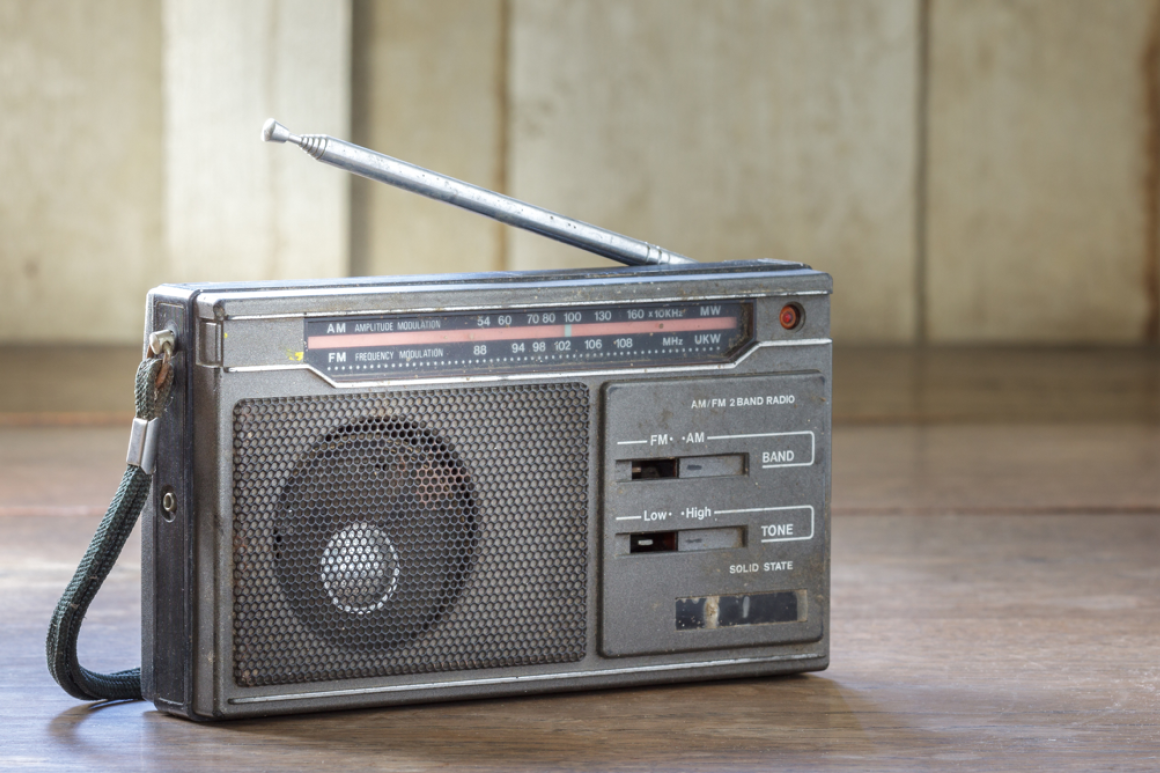Community
29 April, 2024
Tune into traditional radio
THE low-tech but trusty AM/FM radio needs to make an urgent comeback to household disaster kits across northern Queensland, according to a new James Cook University study.

It’s one of a host of findings in a post-disaster survey recently conducted by JCU’s Centre for Disaster Studies with victims of Tropical Cyclone Jasper and Tropical Cyclone Kirrily.
Centre co-ordinator Dr Yetta Gurtner surveyed more than 260 residents in north and Far North Queensland, finding that an over-reliance on mobile phone technology, lack of a flood evacuation plan, and the absence of up-to-date information from media and weather forecasters to be among the most pressing issues raised by respondents.
“We’re seeing a generational change where we’re moving towards social media and we do actively encourage people to use credible social media and websites as a source of information to make informed decisions, such as the Local Council Disaster Dashboard and the Bureau of Meteorology,” she said.
“However, in these recent disasters, there were periods where we lost all telecommunications and therefore a lot of people found they didn’t have access to any information and lacked an AM/FM radio, which is one of those staples we always recommend in a disaster kit.”
The survey found, while 85 per cent of respondents believed they prepared for a cyclone, less than 50 per cent had an evacuation plan for subsequent flooding, such as that which devastated large parts of Cairns and Far North Queensland following Cyclone Jasper.
Dr Gurtner, who works as a regional community engagement and recruitment officer with the State Emergency Service, said three days’ worth of food and drinking water was now considered the bare minimum, and households should be stocking up on five to seven days’ worth of supplies to prepare for post-cyclone scenarios.
“You won’t always get warnings in sufficient time for events like flooding, so you need to be able to look for visual cues like the ground being saturated and a significant dumping of rain following a cyclone,” she said.
“People need to be asking themselves what they would do if there is a lot of rain around and should they consider evacuating early to higher ground.”


